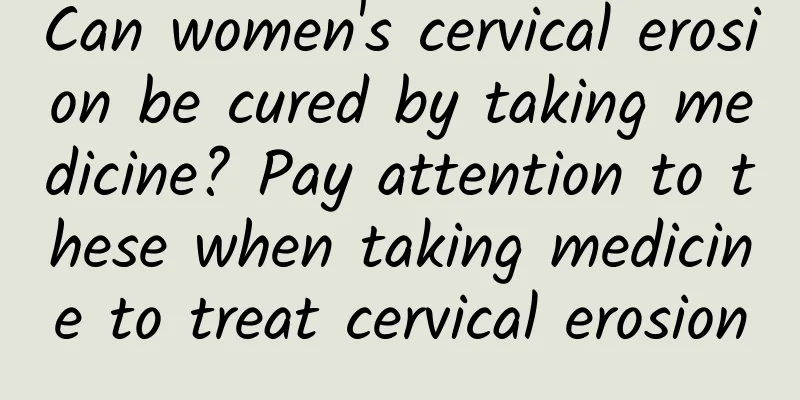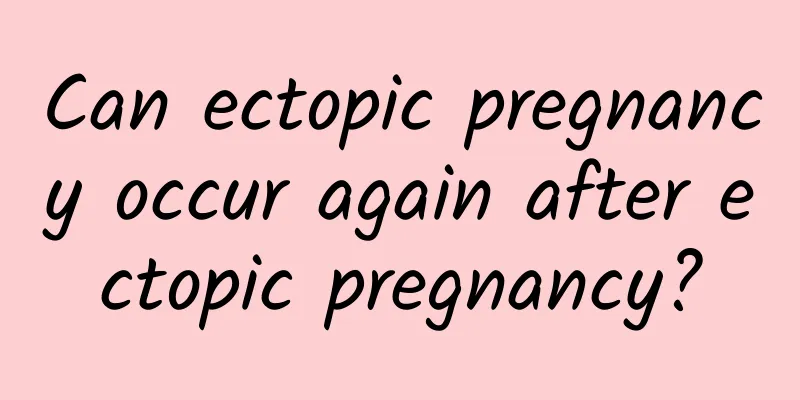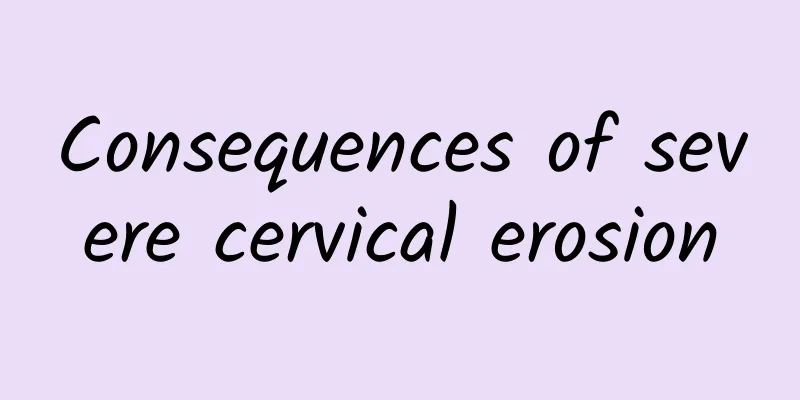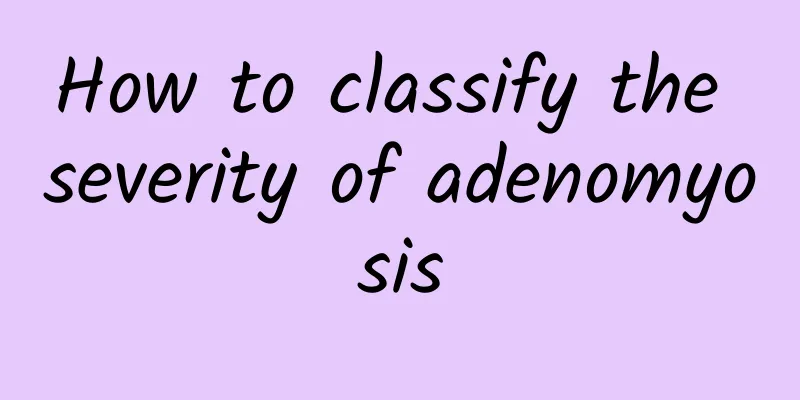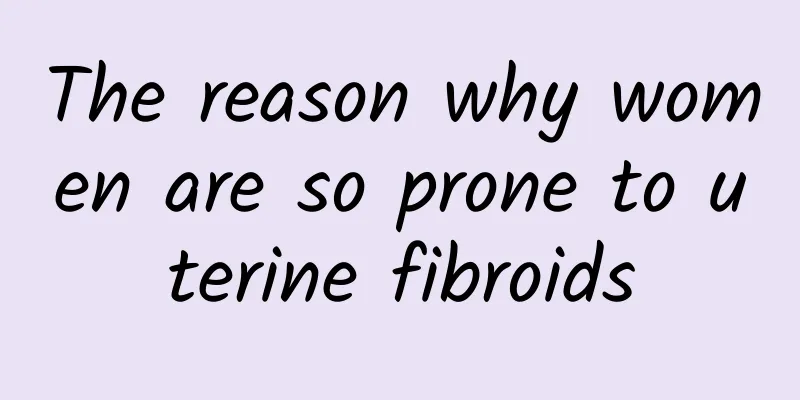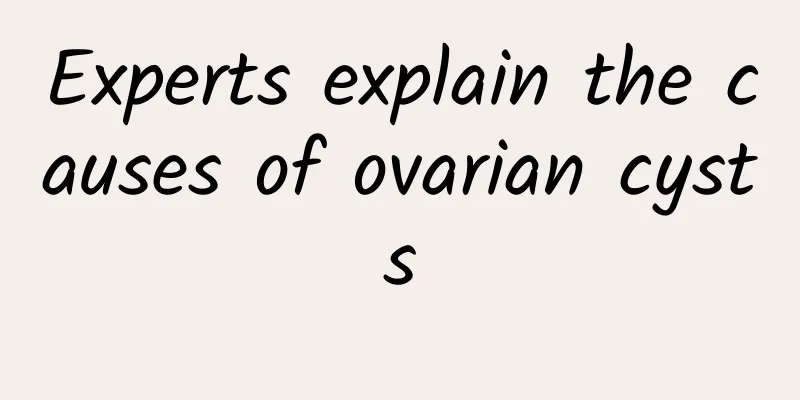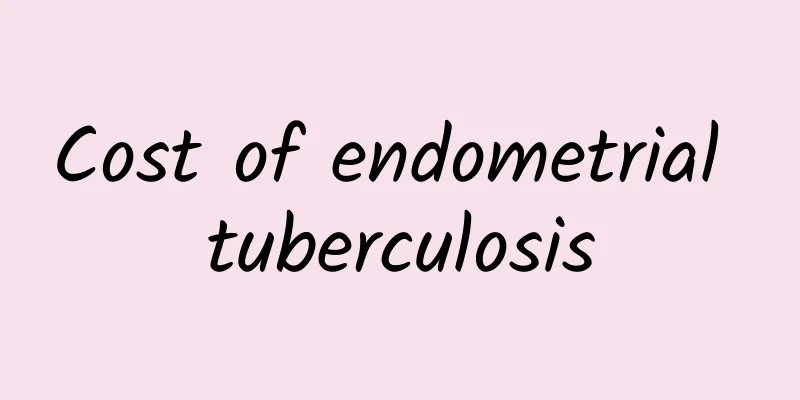Drugs to inhibit uterine fibroids
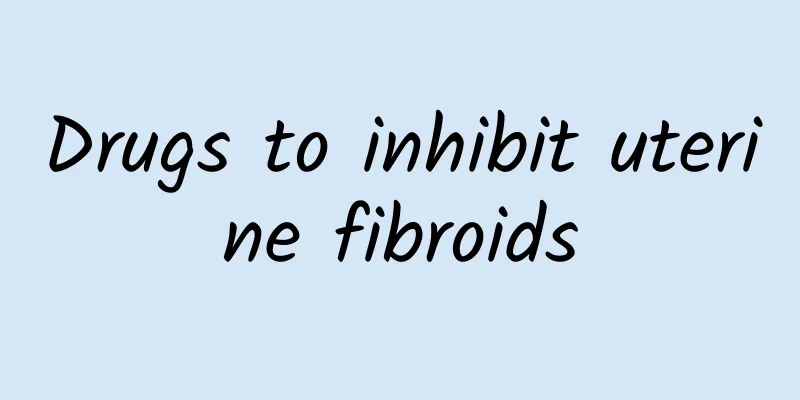
|
Drugs that inhibit uterine fibroids mainly include drugs that inhibit estrogen secretion and some Chinese patent medicines. Although these drugs can help control the growth of fibroids, they usually cannot completely eliminate them. 1. Drugs that inhibit estrogen secretion The formation of uterine fibroids is related to excessive estrogen levels in the body. Mifepristone and progesterone capsules are commonly used drugs that can effectively inhibit the secretion of estrogen and prevent the further growth of fibroids. However, these drugs cannot completely eliminate fibroids, but only temporarily control their development. It is like fertilizing an overactive plant to control its growth, but it may not necessarily make it disappear. 2. Chinese patent medicine for softening and dispersing nodules Chinese patent medicines such as Guizhi Fuling Capsule, Guizhi Fuling Pill, Xiaojin Pill, etc., mainly achieve the effect of shrinking fibroids by promoting blood circulation and removing blood stasis. These medicines are composed of a variety of Chinese medicines and may be effective for some patients, but the effect varies from person to person. When taking these medicines, it is as if you are having a gentle conversation with your body and slowly adjusting the internal environment. 3. Limitations of drug treatment Neither Western nor Chinese medicine usually eliminates uterine fibroids completely. For more serious cases, medication may only be a stopgap measure. Just like fixing a leaky pipe, sometimes a more thorough approach is needed to solve the problem. 4. Surgical treatment options For patients with severe symptoms or those who are ineffective with medication, surgery may be a necessary option. Hysteroscopic myomectomy is a commonly used surgical method that can effectively remove fibroids. Although surgery sounds scary, it is usually safe under the guidance of a professional doctor. 5. The importance of professional guidance It is important to follow the advice of a professional doctor during the treatment process. Self-medication may bring unnecessary risks, just like sailing without a guide, you may lose your way. Cooperating with a doctor and having regular check-ups will help you better manage your health. 6. The supporting role of lifestyle A healthy lifestyle can also help control the development of uterine fibroids to a certain extent. Maintaining a good diet, exercising moderately and reducing stress can all help maintain the balance of hormones in the body. It's like adding a solid foundation to your life and helping the body function better. Through these methods, although there is no guarantee of completely eliminating uterine fibroids, their development can be better managed and controlled. Remember, health is a long-term journey, and working with a professional doctor is key to ensuring safe and effective treatment. |
<<: The biggest enemy of uterine fibroids
>>: What causes uterine cysts?
Recommend
It is necessary to prevent the cause of pelvic inflammatory disease in time
In recent years, the incidence of pelvic inflamma...
Can I have IVF if I have pelvic inflammatory disease? IVF is not recommended.
Women with pelvic inflammatory disease will affec...
How to relieve pelvic peritonitis pain
Nowadays, more and more women are troubled by pel...
Expert introduction: What are the common causes of adnexitis?
Many female patients only know that they need to ...
Why does my body feel cold and my menstrual blood becomes less and less during menstruation?
Why does my body feel cold and my menstrual blood...
Visceral fat can cause you to have diabetes and fatty liver! Can drinking enoki mushroom tea eliminate it? Chinese medicine hawthorn and poria weight loss stick
Are you a "belly worrier" with excess v...
Too much sugar is the root of all diseases! Japanese famous doctor's "sugar-restricted diet" reduces body fat and loses 10 kg in half a year
The famous Japanese doctor Koji Ebe created the &...
Can I stop taking medication for endometrial tuberculosis?
I started to have dysmenorrhea after getting marr...
Are there also levels of diet for running? Training Diet Revealed
When jogging became a national sport, various rel...
Tips to relieve dysmenorrhea in women
Some women will feel unbearable pain when they en...
What foods are good for preparing for pregnancy with uterine fibroids? What foods are taboo to eat with uterine fibroids?
What foods are good for preparing for pregnancy w...
Can chronic cervicitis be completely cured? Pay attention to 6 things when treating chronic cervicitis
In life, every woman wants to be healthy. Cervici...
Is adenomyosis serious? How is adenomyosis treated?
Adenomyosis is one of the common gynecological di...
Can I get pregnant if I have cervicitis? Women need to pay attention to three things to prevent cervicitis
Being a mother is undoubtedly the happiest and mo...
Is it dangerous for pregnant women with Bartholin's gland to give birth?
Bartholinitis is a chronic inflammation. It gener...
